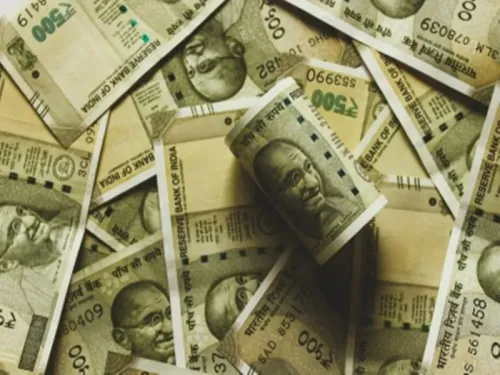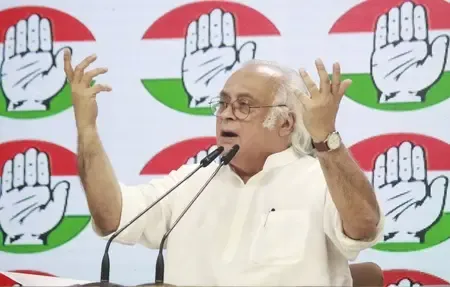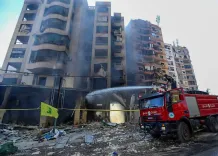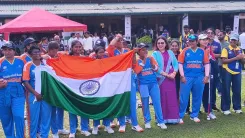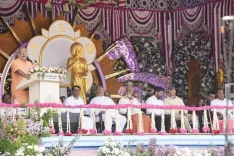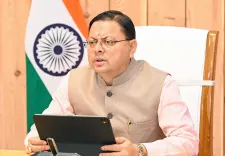What Action is the Jharkhand HC Taking on the Alleged Fake Surrender of 514 Tribal Youths Branded as Maoists?
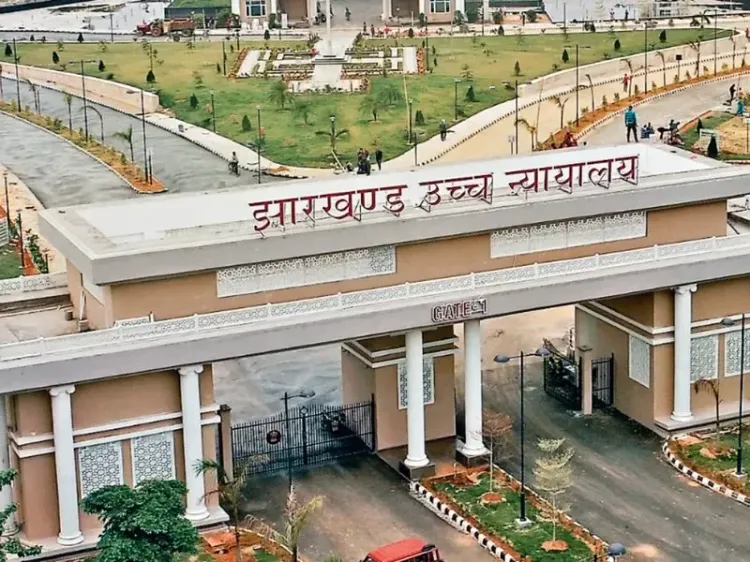
Synopsis
Key Takeaways
- The Jharkhand High Court is investigating alleged fake surrenders involving 514 tribal youths.
- Accusations involve coercion and misrepresentation by law enforcement.
- Only a small number of the youths were linked to Maoist activities.
- The case raises critical questions about civil rights and police accountability.
- The court's intervention underscores the need for transparency in legal processes.
Ranchi, Oct 8 (NationPress) The Jharkhand High Court has requested a comprehensive status report from the state government regarding the alleged fraudulent surrender of 514 tribal youths who were inaccurately labeled as Maoists. This case was brought before a division bench comprising Chief Justice Tarlok Singh Chauhan and Justice Rajesh Shankar, who instructed the government to present its findings by the next hearing scheduled for November 20.
The court proceedings stemmed from a public interest litigation (PIL) filed by the Jharkhand Council for Democratic Rights, accusing senior police and administrative officials of executing a large-scale fake surrender operation to enhance anti-Naxal accomplishments and secure recognition and awards from the Union Home Ministry.
The petition claims that between 2010 and 2013, 514 tribal youths from various districts were wrongfully declared as Maoists and pressured into surrendering.
According to the PIL, these youths were promised jobs in the CRPF, while substantial funds were misappropriated from the state budget to orchestrate the surrender event and the subsequent “rehabilitation.”
The court also referenced previous proceedings where it had ordered the Union Home Ministry and the State Home Secretary to provide a sealed report on the circumstances surrounding this case.
Additionally, the court has requested clarification from the government regarding whether the surrendered youths received any arms or training within the old Ranchi jail complex, and if such training had any legal or administrative backing.
A controversial coaching institute is also under investigation for allegedly collaborating with local police and administrative officials to wrongly identify and label innocent tribal youths as Maoists.
A preliminary internal police investigation revealed that only 10 out of the 514 youths had any credible connections to Maoist activities.
Statements from 128 of the accused were recorded; however, many could not be located or did not exist at the addresses provided.
Despite obvious discrepancies, the official investigation was later closed without resolution, prompting civil rights organizations to seek intervention from the High Court.

